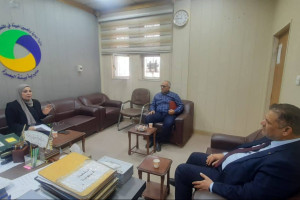
For sustainable development in preserving the aquatic environment, the University of Basra organizes a training course on the extraction, separation, and identification of hydrocarbon compounds in the aquatic environment.
The Marine Science Center at the University of Basra organized a course on the extraction, separation, and identification of hydrocarbon compounds in the aquatic environment.
The course, presented by Dr. Mariam Fawzi Hamid and a number of researchers, provided a detailed explanation of sample collection methods for measuring hydrocarbons, how to preserve them, and the methods for extracting these compounds from aquatic and sedimentary samples, and then separating and identifying them. These methods rely on three basic stages: first, the extraction process, which varies depending on whether the sample is aqueous or solid, or whether the sample is highly polluted or natural. The second stage is the separation stage, which separates the hydrocarbon compounds from other compounds. The third stage is the purification stage, which produces pure hydrocarbon compounds free of impurities.
The course included a review of the most important devices used to diagnose these compounds and their concentrations, including the Spectrofluorophotometer, HPLC, and GC, with a brief explanation of the nature of each device's operation.
The course aimed to introduce participants to the most important methods used to measure and diagnose these compounds for periodic and continuous environmental monitoring and to take the necessary measures in cases of pollution, ensuring an environment free of hydrocarbon pollutants.
This enables researchers to make sound decisions to solve sustainable development problems in the aquatic environment after extracting, separating, and identifying hydrocarbon compounds in the aquatic environment.
Government Media and Communications Department




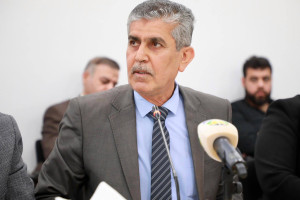
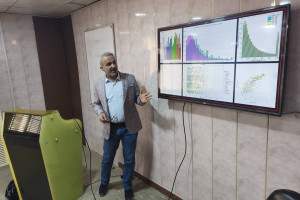
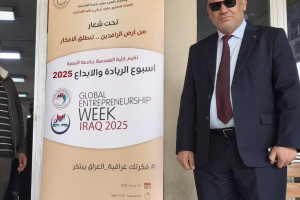
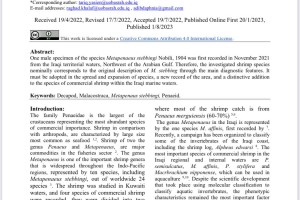
.jpg)
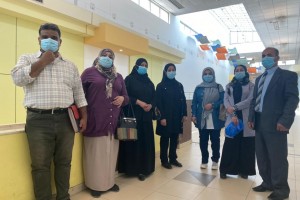
.png)